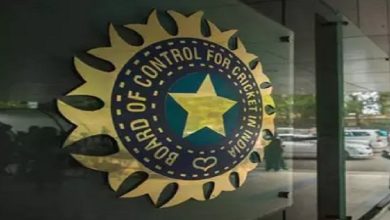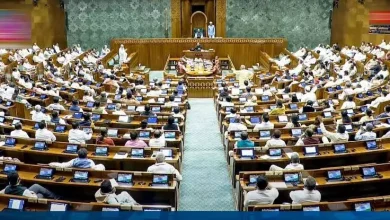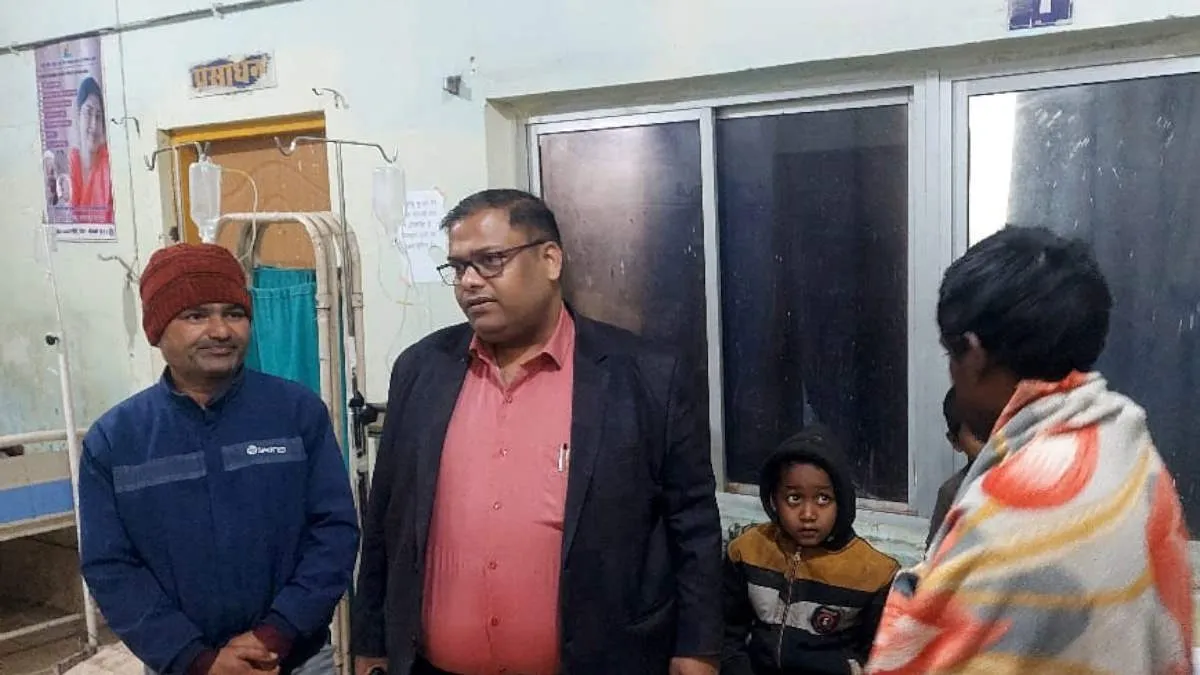Supreme Court lifts telecast ban on MediaOne, states using plea of ‘national security’ to deny rights of citizens

The Court passed the judgment in a special leave petition filed by Madhyamam Broadcasting Ltd (MBL) – the company running the channel- assailing the Kerala High Court’s judgment of upholding the decision of the Ministry of Information and Broadcasting to not renew the broadcast license of the channel for want of security clearance from the Ministry of Home Affairs. The channel’s editor Pramod Raman and the Kerala Union of Working Journalists had also filed separate petitions challenging the High Court’s judgment.
The Supreme Court heavily criticised the High Court’s approaching in upholding the Centre’s decision solely on the basis of the sealed cover documents submitted by the Ministry of Home Affairs.
“The High Court did not disclose the reasons for the denial of security clearance. There is no explanation of what weighed in the mind of the High Court, leading it to hold that the denial of clearance was justified despite observing that the nature and gravity of the issue is not discernible from the files. The seal cover procedure, followed by the single judge and the division belch, have necessarily rendered the appellant’s right to remedies, which has been described as the heart and soul of the Constitution and a basic feature of the Constitution, a dry parchment. The nondisclosure of reasons for the denial of security clearance, which is the sole ground for denying the permission to renew the license, and the disclosure of relevant material only to the court in a seal cover, has rendered the appellant’s procedural guarantees under the Constitution otiose. The appellants right to reach remedies have been denied through a formalistic order by the High Court”, a bench comprising Chief Justice of India DY Chandrachud and Justice Hima Kohli said.
Merely raising national security plea will not preclude the duty of the State to act fairly
The judgment authored by CJI DY Chandrachud emphatically stated that the State cannot deny the rights of the citizens by merely raising the plea of national security.
“The mere involvement of issues concerning national security would not preclude the state’s duty to act fairly. If the state discards its duty to act fairly, then it must be justified before the Court and the facts of the case. Firstly, the state must satisfy the court that national security concerns are involved”, the bench observed.
The judgment observed that absolute immunity from disclosure cannot be granted to the reports of investigative agencies such as the CBI and the IB.
The judgment also specifically commented about “the cavalier manner in which the Union of India has raised the claim of national security”.
“Other than merely claiming that national security is involved, both in the affidavit that was filed before the High Court and in the submissions before us, the Union of India made no attempt to explain how non-disclosure would be in the interest of national security. The Union of India has adopted this approach in spite of reiterations by this court. That judicial review would not be excluded in a mere mention of the phrase national security. The state is using national security as a tool to deny citizens remedies that are provided under the law. This is not compatible with the rule of law”
Significantly, the Ministry of Home Affairs had relied on reports of the channel on Citizenship Amendment Act (CAA), National Register of Citizens (NRC), criticism of judiciary, State etc. to state that it is an anti-establishment. However, the Top Court said these are not justifiable grounds to refuse renewal of its broadcast license.
“An independent press is vital for the robust functioning of a Democratic Republic. Its role in the democratic society is crucial, for it shines a light on the functioning of the State. The press has a duty to speak truth and present citizens with hard facts, enabling them to make choices that prepare democracy in the right direction. The restriction on the freedom of the press compels citizens to think along the same tangent. A homogenized view on issues that range from socioeconomic polity to political ideologies would pose grave dangers to democracy” it said.
Channel can’t be termed “anti-establishment” merely because it criticised govt policies
“The critical views of the channel media, one on policies of the government cannot be termed anti establishment. The use of such a terminology in itself represents an expectation that the press must support the establishment. The action of the Ministry of Information and Broadcasting by denying your security clearance to a media channel on the basis of the views with the channel is constitutionally entitled to hold produces a c





